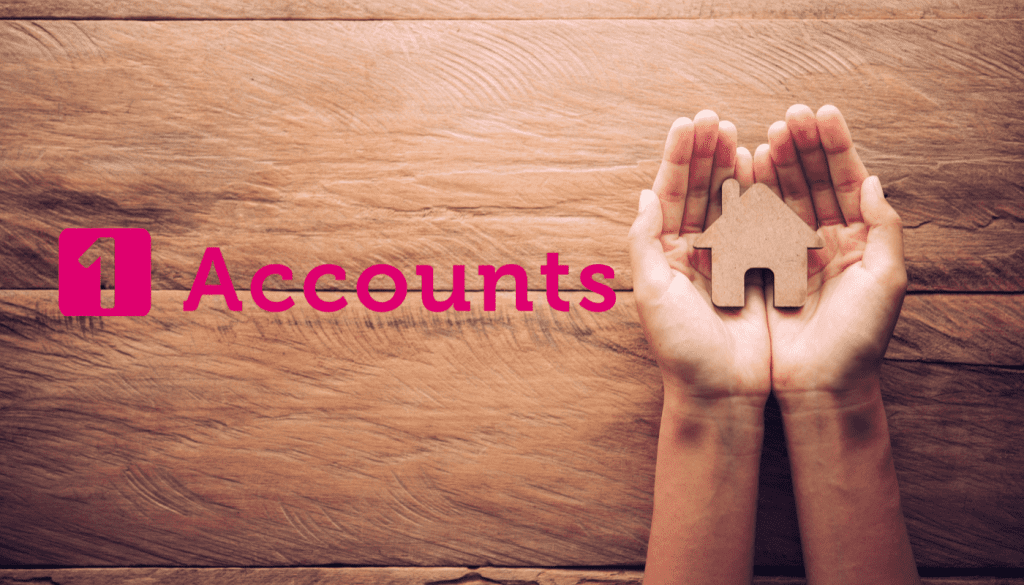
Capital Gains rules are changing! If you are a property investor or “accidental” landlord this is the blog for you….

Capital Gains rules are changing! If you are a property investor or “accidental” landlord this is the blog for you….

Lately we have seen an increase in HMRC asking people if they have received rental income. This comes in the form of a ‘love letter’ from HMRC.

Are you thinking of getting a mortgage? This year we have had an abundance of clients applying for mortgages. Applying…